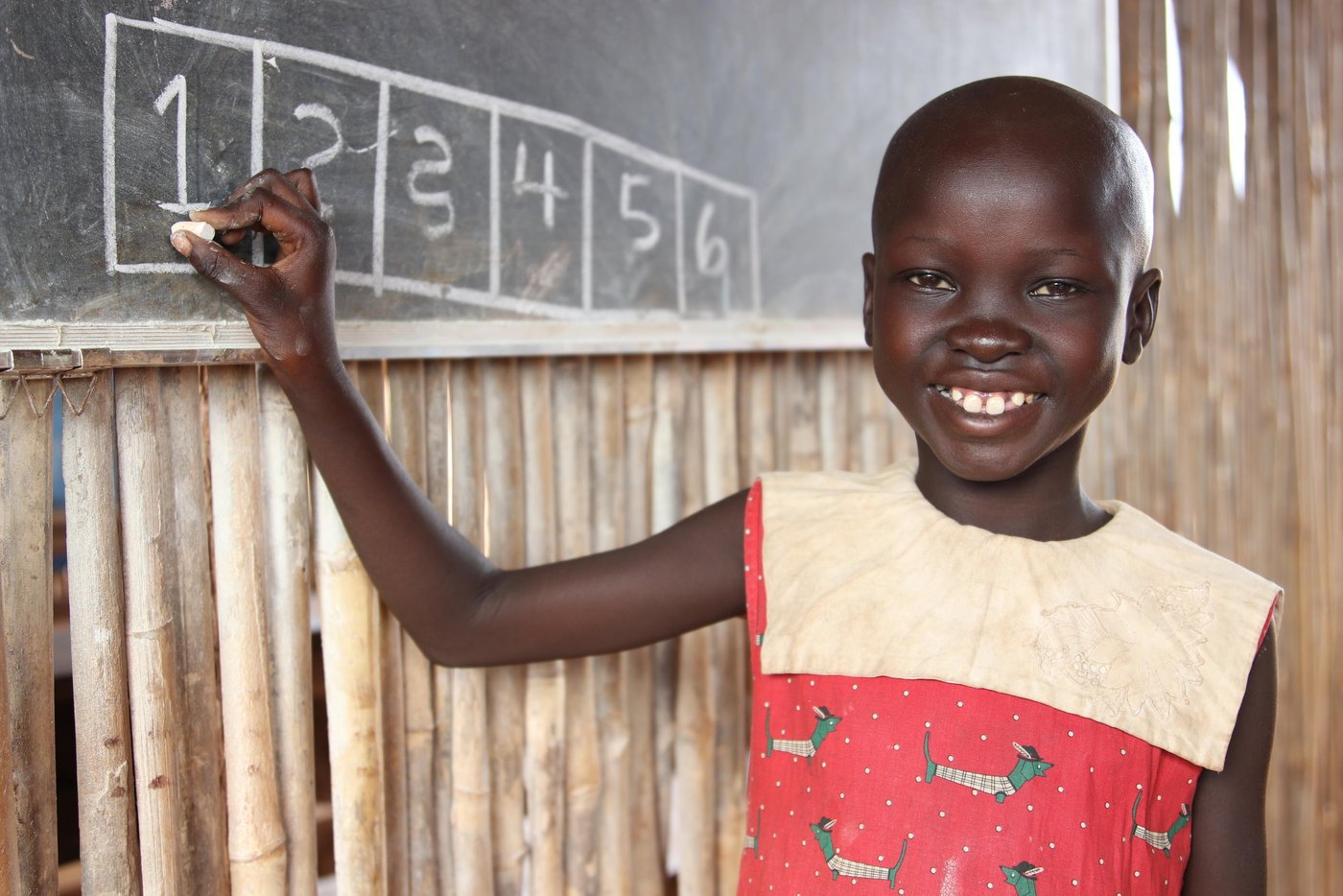Safari Rose is excited to be back at school. Aged just six when we met her in 2018, she and her family had to flee when armed groups found their way to her neighbourhood in Juba, South Sudan. She’s one of the 3,500 children enrolled at Hope Primary School – built by the Norwegian Refugee Council (NRC) in 2014.
Education is always a top priority for displaced people. For this reason, it’s a top priority for us here at NRC too. Education provides protection, a sense of normality, a way of healing trauma, and hope for the future. We believe it’s just as important as food or shelter.
“We include school and education in our humanitarian work from day one,” explains Annelies Ollieuz, NRC’s global education manager.
School provides hope for the future
Safari lives in a camp on the outskirts of Juba with her mother and five brothers and sisters. She is one of many children who has witnessed the brutality of the conflict in South Sudan. Her father was killed by armed groups, and her brother died as they sought safety. She is tired of the fighting.
“I miss my father and my brother. I really hope that peace will come to South Sudan,” she says.
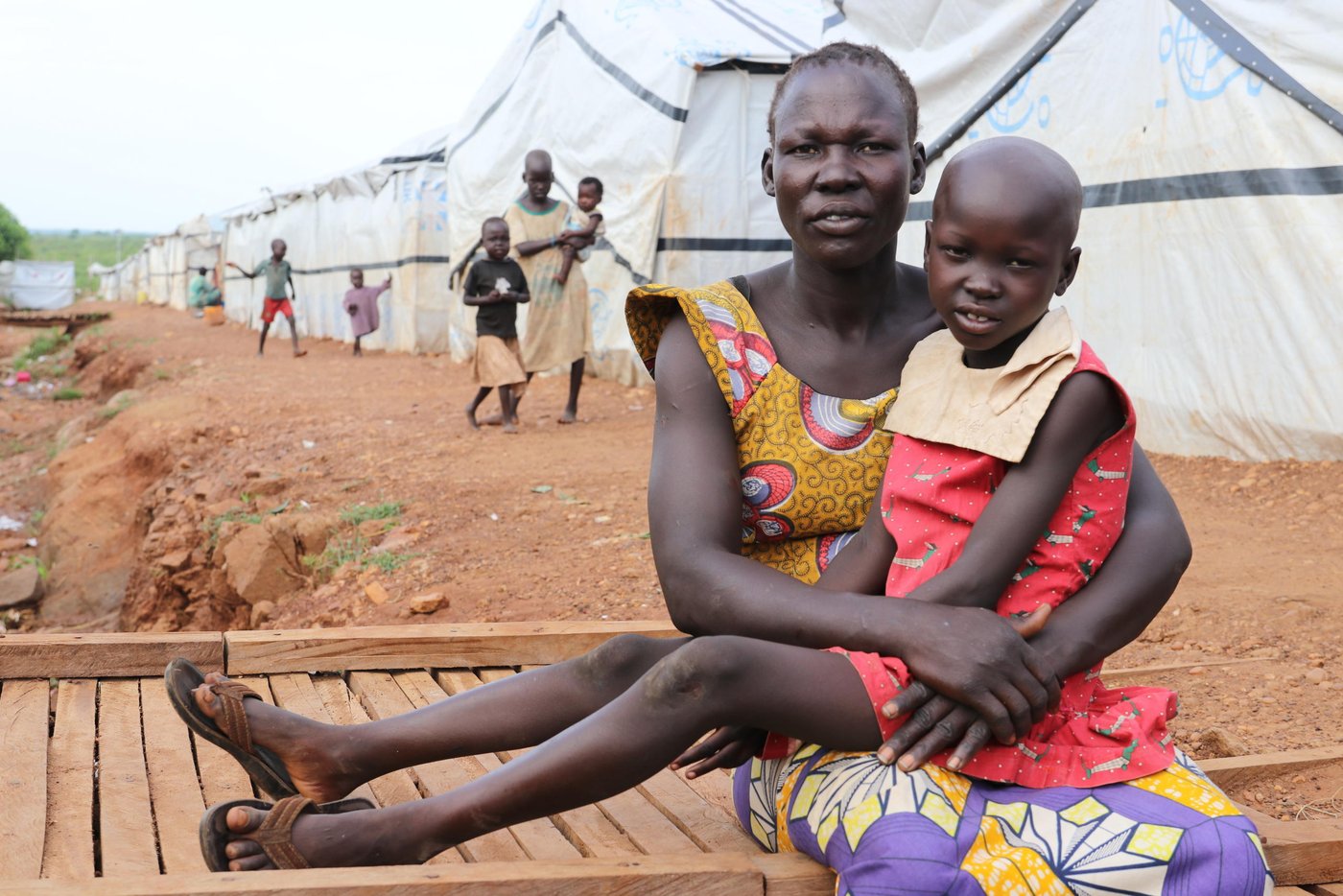
Life in the camp is tough. Safari’s mother is the only breadwinner, and struggles to get food, water and soap for her children. Sometimes she goes to the bushes nearby to collect firewood and sells it to buy food. Safari helps around the home, sweeping the compound and helping her mother to prepare meals.
Now Safari goes to Hope Primary School from 07.00 to 12.00, Monday to Friday every week. Education is very important to her and she wants to study hard.
“I will work hard at school. If I am able to finish, I want to help restore peace and build the country by building schools and hospitals,” she says.
Educating in crisis situations
Children of all ages are enrolled at Hope Primary School. Many of the teachers are also displaced. We provide them with training and ensure that they are equipped to work as educators in a crisis situation.
We want to give the children hope for the future, and allow them to forget the past.John Rutaro, part of the NRC team in South Sudan
“These children must get educated now so that they can become good leaders one day,” says head teacher James Kot Nyuon. He points out that many of the students are struggling with trauma. Psychosocial support is, therefore, an important part of the school plan.
“We want to give the children hope for the future, and allow them to forget the past,” explains John Rutaro, part of the NRC team in South Sudan.
Safari is one of more than a million people around the world who benefited from our education projects in 2018. Here are just a few of the ways we make a difference.
Catch-up classes
When families are forced to flee, children are often unable to attend school for long periods. The longer a child spends out of the school system, the less likely he or she is to return to it. But getting children back into school is vital for their wellbeing as well as their future prospects.
NRC education leader Annelies Ollieuz explains: “War creates chaos. From a child psychology perspective, it is important that all children have some routine to their lives. If children living in a warzone cannot go to school, the routine disappears, and they will have trouble recovering from the crisis.”
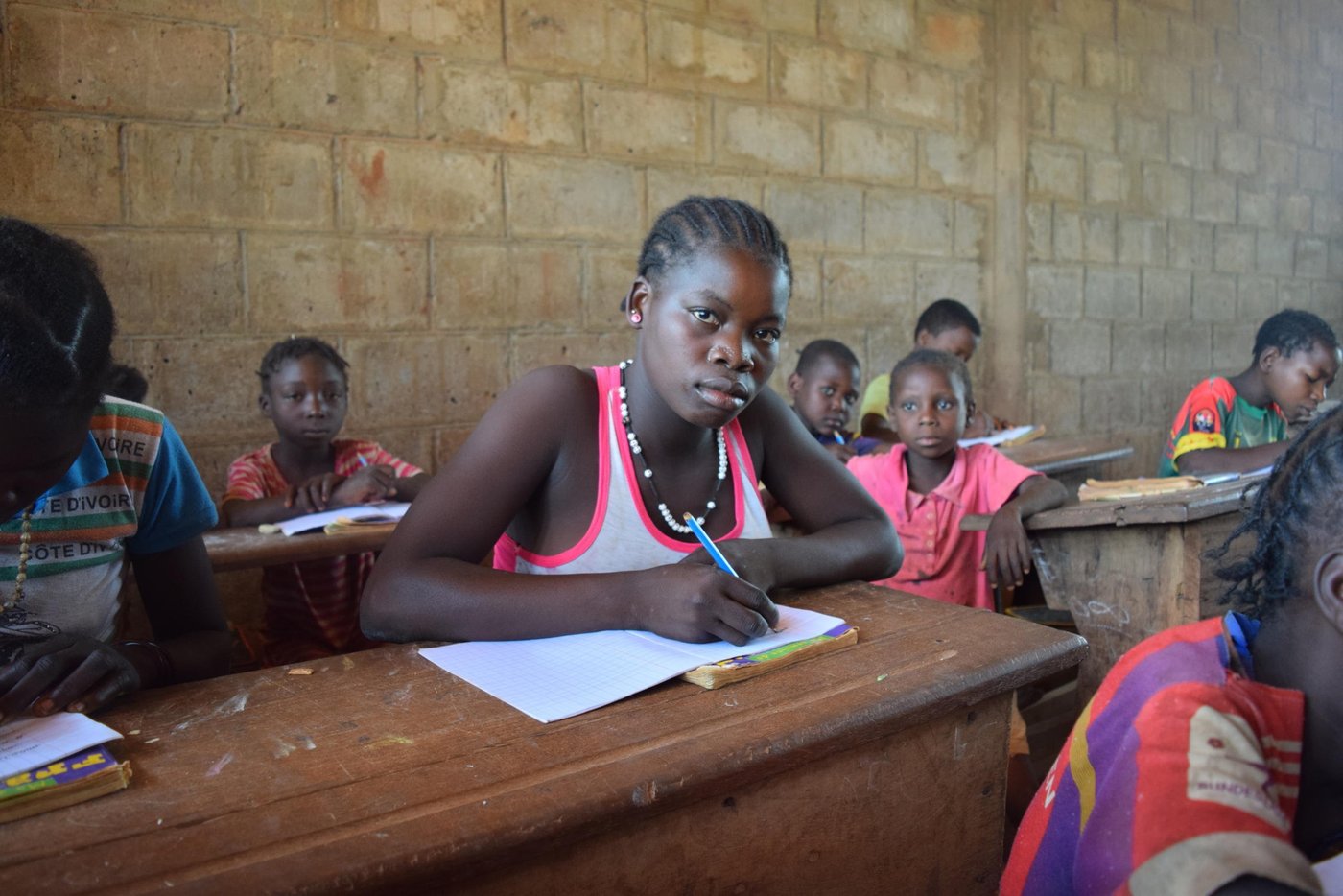
To address this, we offer special classes to help displaced children catch up on what they’ve missed. In the Central African Republic (CAR), for example, we’ve helped thousands of children return to school in the south of the country. One of these is Davilla, 16, who missed four years of school when violence broke out in her home village.
The school is my future.... My mom thinks this will give me good opportunities later in life.Davilla, 16, from Kemo prefecture in southern CAR
“I’m really happy now,” she says. “The school is my future. For my mom it was very important for me to be able to go back to school. She would rather I learn something in class than just stay at home. My mom thinks this will give me good opportunities later in life.”
Rebuilding schools and training teachers
Even when displaced children are able to attend school, teachers and classrooms are often in short supply. Violence frequently forces schools to close, and the sheer number of new students means that systems are unable to cope.
NRC rebuilds schools, trains new teachers and provides essential equipment to help meet this demand. We aim to help everyone living in the areas where refugees and displaced people settle. By supporting the existing communities as well as the new arrivals, we avoid creating resentment and conflict.
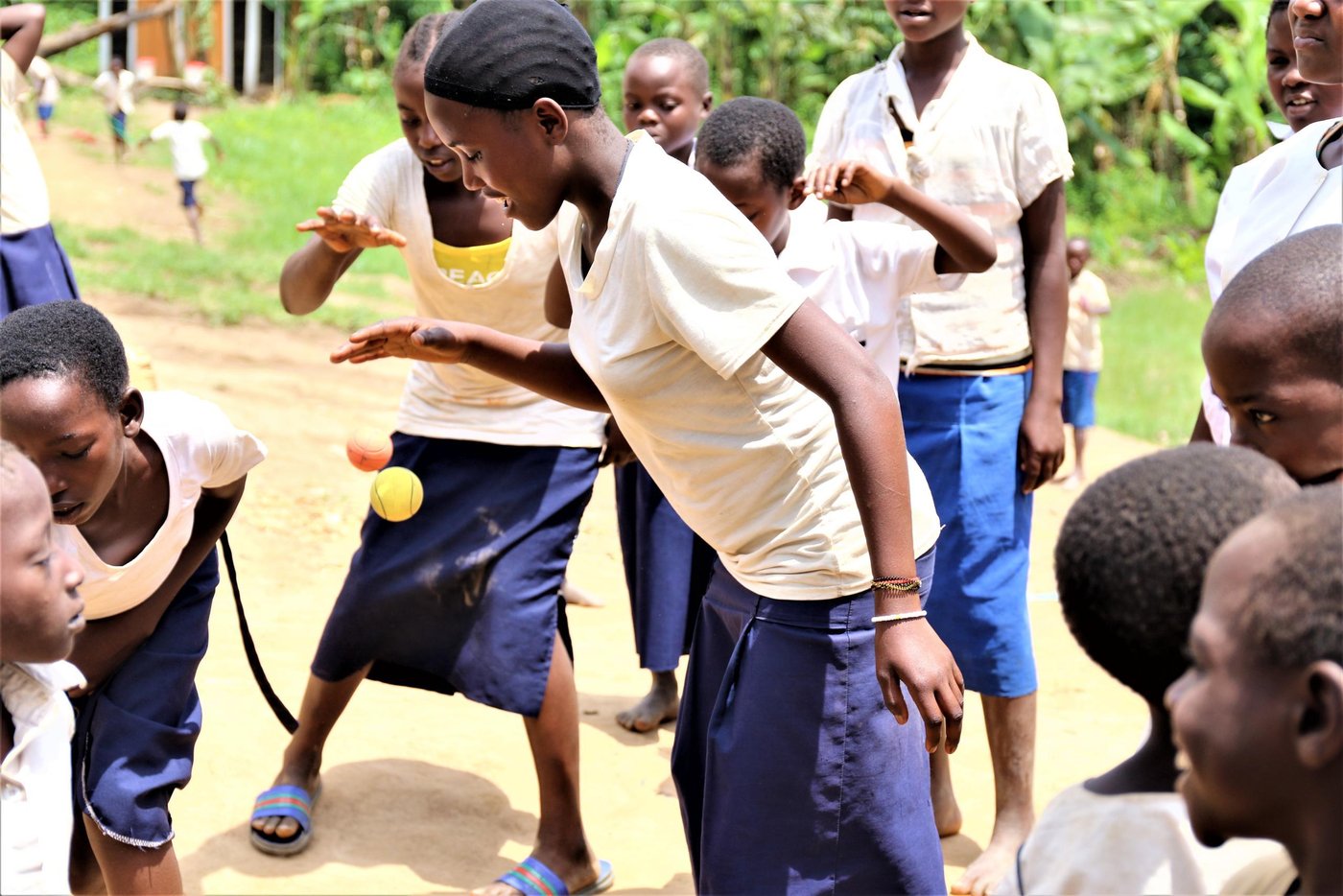
In 2018, for example, we built 28 new classrooms in the conflict-hit Rutshuru territory of DR Congo. These classrooms are now hosting children from the local community alongside returnees and displaced children. We also trained teachers and distributed notebooks, pens and pencils to thousands of students. Students like Kavira, a 13-year-old girl who’d had to drop out of school two years earlier.
I felt hopeless and was concerned about my future. I was very happy to go back to school.Kavira, 13, from Rutshuru territory in eastern DR Congo
“I was sad and bored,” she says. “I wasn’t able to meet my classmates any more. I felt hopeless and was concerned about my future. I was very happy to go back to school.”
Technical and vocational training
Learning relevant life skills is crucial if displaced people are to rebuild their lives and support themselves and their families. Often, they have seen their homes and livelihoods destroyed and have to start over again in an unfamiliar environment with few opportunities.
In the humanitarian world, education programmes typically focus on children up to the age of 14. Young people aged 15 and older are often left to fend for themselves. At NRC, we aim to fill this gap. Ollieuz explains: “Among other things, we provide the youth with counsellors that help them realise their potential.”
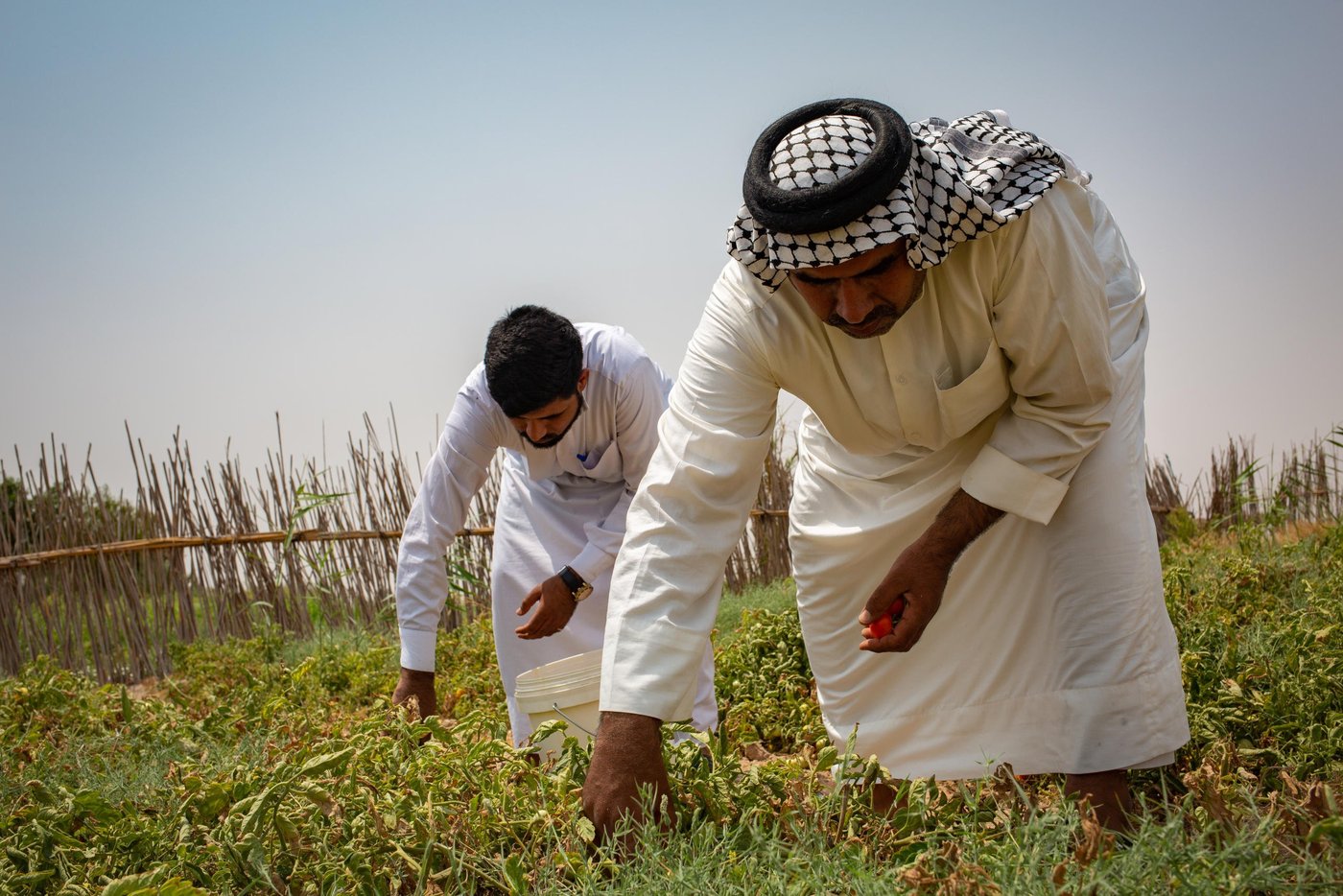
We also offer technical and vocational training to help displaced people earn a living and become less vulnerable to any future upheaval. In Iraq, for example, we are providing agricultural training for young farmers to equip them to deal with the growing water crisis in the south of the country. Mazin, a farmer from the Zubair district of Basra, is already seeing the benefits.
Before the training we used to cultivate the crops randomly without any scientific techniques. Now we have better information about cultivation techniques.Mazin, a farmer from Basra in southern Iraq
“Before the training we used to cultivate the crops randomly without any scientific techniques,” he explains. “But after the training we learnt how to use the land for planting, how to sow, and how to fertilize. Now we have better information about cultivation techniques.”
Facts and figures
In 2018 a total of 1,074,779 people benefited from our education work, spread over 24 countries around the world.
We work with children and young people aged between six and 24 years old, with a particular focus on those who are out of school or have had their education interrupted.
Find out more about our Education work
How you can make a difference
Join us in supporting the 70.8 million people displaced by war and persecution worldwide. You can contribute to our work in the following ways:
- Make a donation to NRC today – via our safe and easy online donation system.
- Start your own fundraising page – and invite friends and family to help you reach your target.
- Read about ten things YOU can do for the world’s refugees – and discover some creative ways that you can raise money and awareness.
For alternative ways to donate, or if you’re a US citizen looking to make a 100% tax-deductible donation, please see our Make a difference page.
Thank you! Together we can save lives and rebuild futures.


